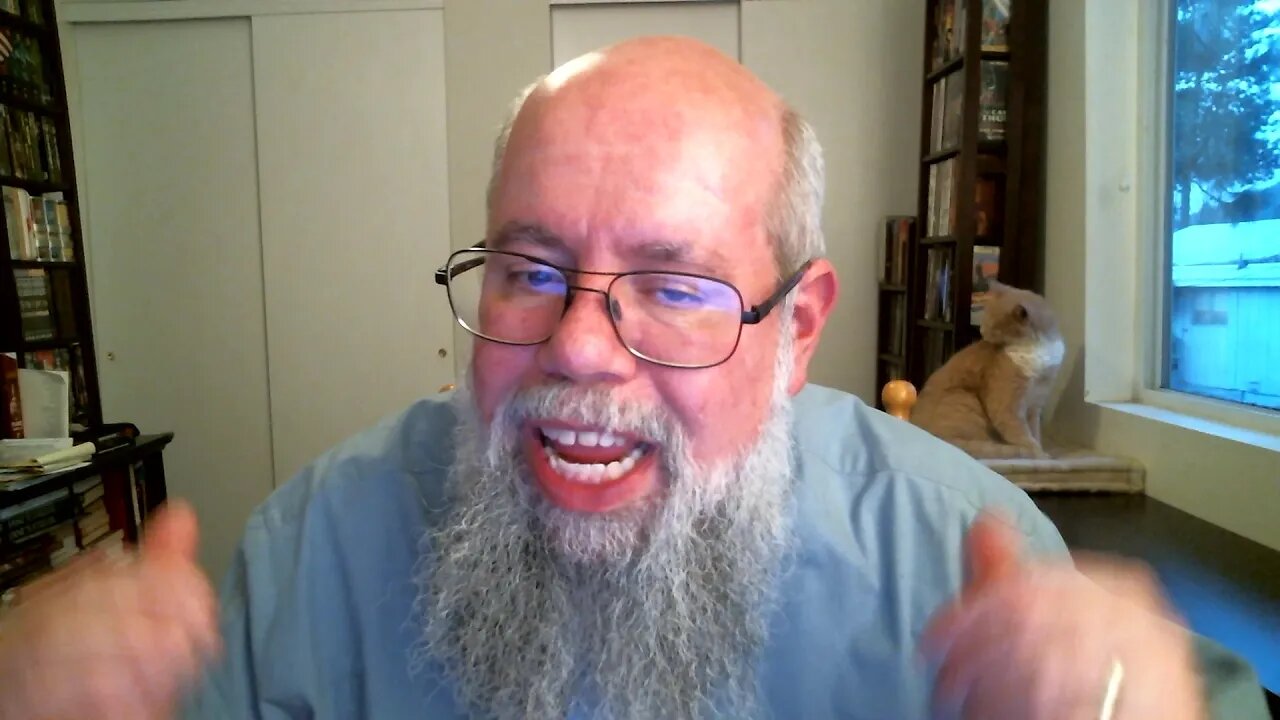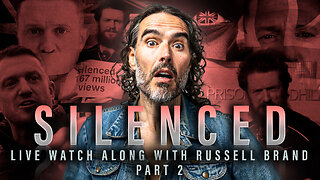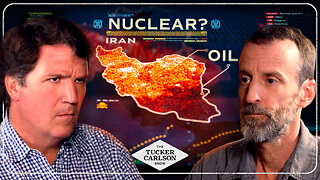Premium Only Content

Ralph K. Ginorio-143-Keep Right 1/14/22: Myths Matter
Myths matter. The stories that we tell to make meaning in our lives reveal something essential about who we really are. The morals of our fables indicate how we want the world to work, or maybe how we fear it actually operates.
Throughout our short history, we Americans have traditionally been seen by the more sophisticated Old World as childlike “gee-whiz” optimists. Our stories were classically simple, with square-jawed white-hatted heroes overcoming the villains against all odds to win a happy ending. Our classic story form was the Western.
Our hero’s motives were similarly straightforward. Protecting innocence, saving the imperiled, serving truth, upholding justice, and being fundamentally decent; all of these were reason enough to step into danger.
Who, in these stories, embraced the risks of a heroically-lived life? Everyday people who suddenly understood that if they, themselves, did not act then no one would. One simply needed the courage of one’s conscience.
No problem was too great for our hero. Even if one died in the effort, the sacrifice would matter. The world could be saved, if only we took heart and tried. The only inevitability was that despair brought defeat. Living boldly and being true were the indispensable bases of victory.
Sophisticates from abroad could not help but be befuddled by our basic nature. They knew better, as the representatives of cultures far older than ours. They had long ago given up simple answers and happy endings. Their classic story form is the Tragedy.
Traditional Eurasian stories are profoundly pessimistic. In them, all life ends in death, all virtue is belied by our inescapable susceptibility to vice, and every institution is irredeemably corrupt. Happiness and victory never last.
Even through the mid-1960s, our stories were different; we believed in our ability to take the worst that the world had to offer and make it right. We had outlasted the Great Depression and overcome Fascism, National Socialism, and Japanese Imperialism. We helped free the survivors of the Final Solution and were standing up to the Communist masters of the Gulag. America’s everyman had saved the world.
Since the late-1960s, our myths began to lose their characteristic American optimism. Skepticism about our worthiness as heroes and doubts about our definition of happy endings made our stories more introspective. Unless we were scrupulously virtuous, our heroes and villains would be essentially the same; both willing to harm others in service to their self-interest.
In the mid-2000s, just after the immediate reaction to the events of 9/11/01, our popular culture joined the high culture of the Old World in cynicism. For nearly two decades, our stories are about fatally flawed and hypocritical heroes slogging through a morass of broken relationships and shattered dreams only to discover that the true villains were themselves.
To see this devolution, look at “Star Trek”, “Doctor Who”, “Star Wars”, and “James Bond-007”. Compare Captain James T. Kirk to Michael Burnham, Tom Baker to Jodie Whittaker, “A New Hope” to “The Last Jedi”, or “Dr. No” to “No Time to Die”.
The fundamental shifts in everything about these sagas are not merely the result of aging franchises running out of steam. The very ideals and sensibilities of today’s filmmakers are unrecognizable from those who began these tales.
Perhaps these differences are a result of the replacement of overtly Judeo-Christian assumptions with those of secular materialism. Without the possibility of redemption and heaven, life has no hope. Logic without faith makes existence grim.
Consider how we must all have changed, how far we have come in just fifty years. Is this truly progress? If so, is it worth having?!
***
In Maine and then Idaho, Ralph K. Ginorio has taught the history of Western Civilization to High School students for nearly a quarter century. He is an “out-of-the-closet” Conservative educator with experience in Special Education, Public Schools, and Charter Schools, Grades 6-12. He has lived in Coeur d’Alene since 2014. Email: rginorio@cdapress.com
-
 38:24
38:24
Kimberly Guilfoyle
2 hours agoThe Trump Agenda Keeps on Winning! Latest News From Washington | Ep235
72.8K10 -
 5:11:53
5:11:53
Donut Operator
6 hours agoCRIME/ FLAMETHROWERS / MP7 PURCHASE
97.8K18 -
 2:17:12
2:17:12
Pop Culture Crisis
3 hours agoCharlize Theron on 'Call Her Daddy', Lauren Sanchez DRAGGED For Plastic Surgery | Ep. 870
25.8K8 -
 1:18:54
1:18:54
The Quartering
4 hours agoWoke Women Dating (Special Guest), Stop Killing Games Initiative, Queer Children's Movie Tanks
113K29 -
 1:17:25
1:17:25
The HotSeat
2 hours agoLibs Are Trying To Cancel Americas' Birthday?!?!
13.7K47 -
 4:38
4:38
WhaddoYouMeme
4 hours ago $1.17 earnedWhy Not Guilty is BAD NEWS for Diddy
11.7K5 -
![[Ep 702] Dollar Store Obama Sells the BBB | Jobs Report Another Trump WIN! | Judicial Mockery](https://1a-1791.com/video/fww1/8d/s8/1/3/3/7/Y/337Yy.0kob-small-Ep-702-Dollar-Store-Obama-S.jpg) LIVE
LIVE
The Nunn Report - w/ Dan Nunn
2 hours ago[Ep 702] Dollar Store Obama Sells the BBB | Jobs Report Another Trump WIN! | Judicial Mockery
191 watching -
 2:15:22
2:15:22
Russell Brand
5 hours agoWatch With Us: Tommy Robinson – Silenced (Part 2) - SF608
182K18 -
 2:59:13
2:59:13
StoneMountain64
4 hours agoBest META for my 1st solo win
34.6K -
 2:55:45
2:55:45
Tucker Carlson
4 hours agoScott Horton: Coups, WMDs, & CIA – A Deep Dive Into What Led to the US/Israeli War With Iran
46.6K30